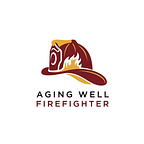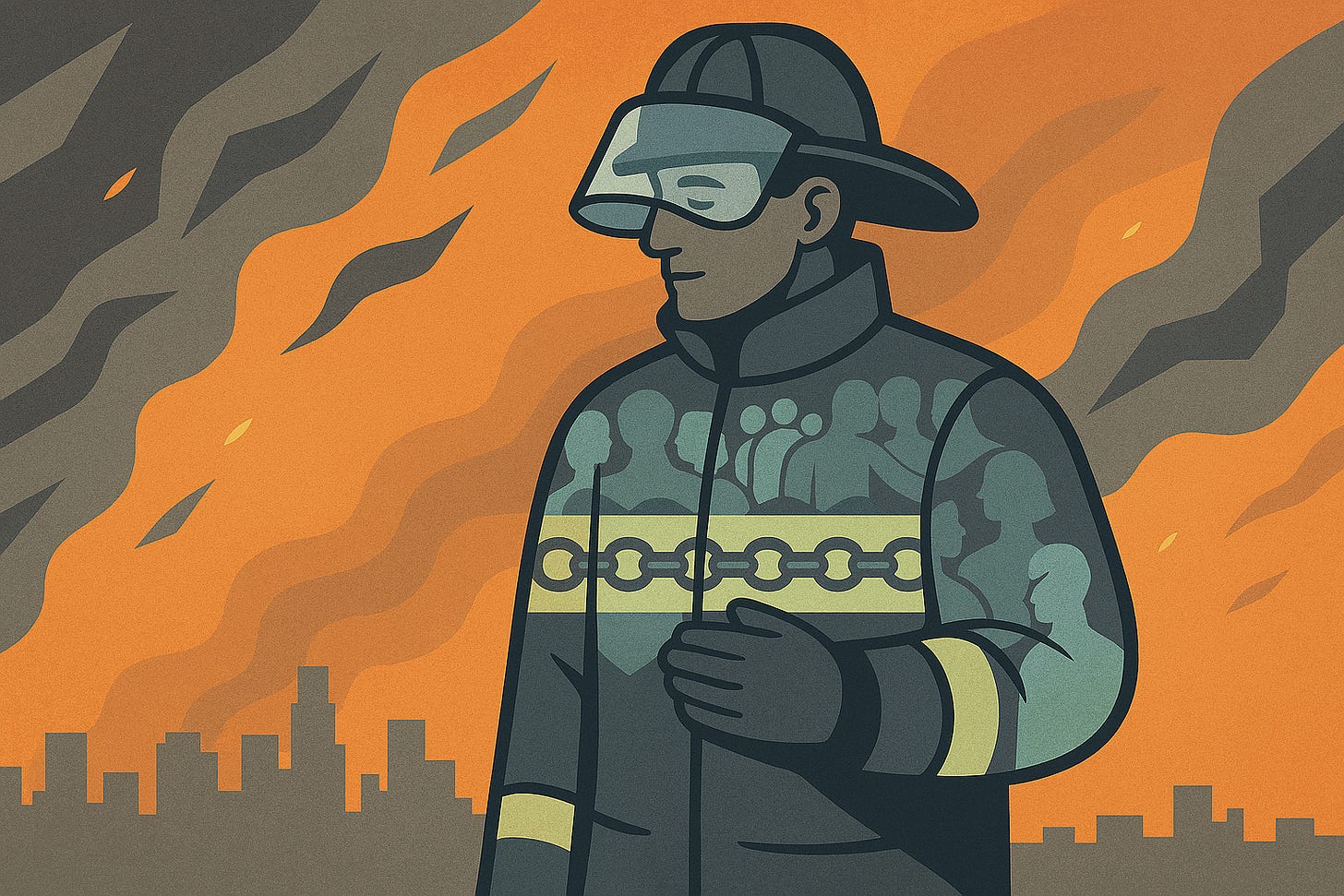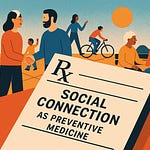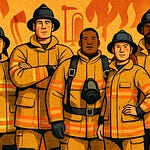Episode Summary
In this second episode of the Connection Is Medicine series, Roy sits down with Mollie Kallas - a professional who bridges clinical insight and front‑line fire service experience.
Mollie is the AODA Clinical Supervisor with Church Health Services; a firefighter and Health & Safety Officer for the Columbus Fire Department; holds a Master of Science in Addiction Counseling; and is licensed as both a Clinical Substance Abuse Counselor and an Independent Clinical Supervisor.
Together, Roy and Mollie explore what connection looks like when it’s actually working on the rig, in the station, and in everyday life. They discuss mental health stigma, peer support, generational change inside the fire service, and why relationships are as protective as turnout gear. Mollie shares practical ways to build resilience, create a culture of psychological safety, and support first responders through chaos, quiet, and recovery.
Key Topics Covered
The intersection of mental and physical health in the fire service
How Mollie balances clinical supervision and firefighting roles
What peer‑support and debrief programs look like in practice
Bridging the generational gap around talking about mental health
Recognizing when “professional toughness” turns into unhealthy isolation
Building everyday habits that strengthen connection and resilience
Simple ways families can support responders after difficult calls
Resources available through Church Health Services for mental and behavioral health care
Memorable Quotes
“Strength isn’t just carrying our call. We have to give ourselves grace and we have to carry each other.”
“Our relationships protect us from emotional wear and tear the same way turnout gear protects us from heat on the scene.”
“The loneliness comes when we have quiet. We’re so used to chaos that silence can hit harder than the calls.”
“You don’t have to have the perfect answer. Sometimes the most powerful support is simply being there.”
Memorable Takeaway:
Connection in the fire service isn’t a luxury; it’s protective equipment for both body and mind. Small, genuine check‑ins save more than morale; they save lives and careers.
Action Steps
Start the conversation. Ask your peers, “How are you really doing?”
Normalize support. Attend a peer‑support debrief or start one in your department.
Share the tools. Forward this episode to your crew, chiefs, or family members.
Get help. First Responders can access confidential, low‑cost behavioral health care through Church Health Services.
Church Health Services → churchclinic.org/behavioral-health.html
First Responders can call 📞 920‑887‑1766 (option 2)
Other crisis and support resources are listed on the Aging Well Firefighter website.
📩 Connect with Roy
Website & all links → www.roysmalley.us
Instagram @roysmalley.us
Facebook @roysmalley.us
LinkedIn roysmalley
Share your own story or inquire about being a guest: contact info is on the website.
💡Subscribe to The Aging Well Firefighter
Don’t miss the rest of the Connection Is Medicine series and future episodes on firefighter wellness, fitness, and aging well.
Follow / Subscribe on your favorite platform, leave a quick rating, and help other first responders find tools to Fight Wisely and Age Bravely.
🔜 Next Up – Part 3
In the final installment, Building Connection into the Culture, Roy zooms out from individual stories to the global view: how communities and organizations can design connection into everyday life, and how that literally adds years of healthy living.
Subscribe now so you don’t miss this closing chapter of the Connection Is Medicine series.













